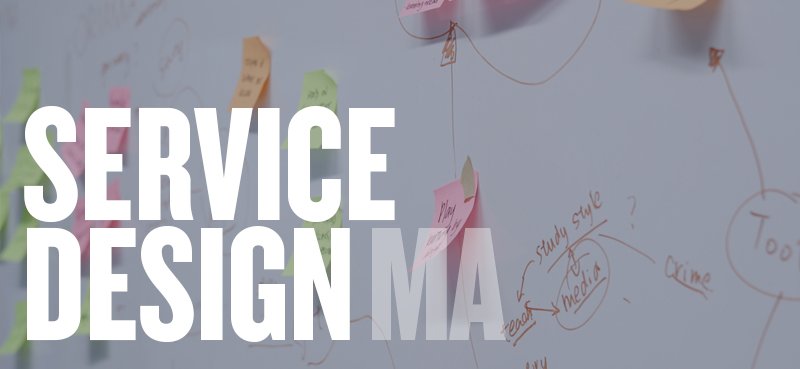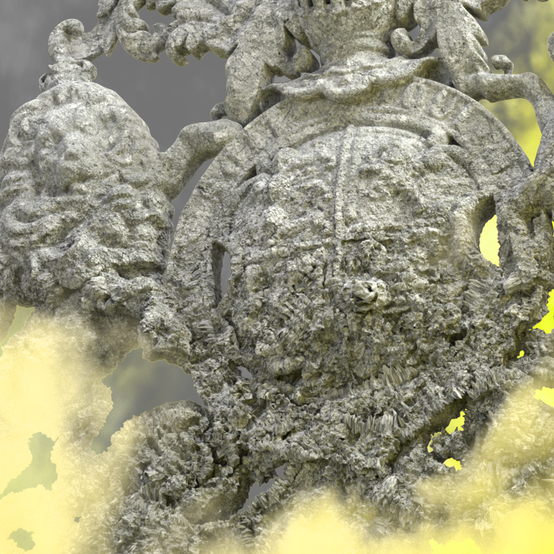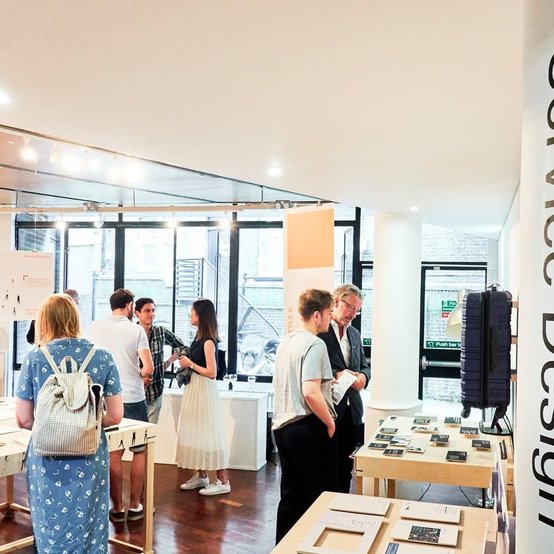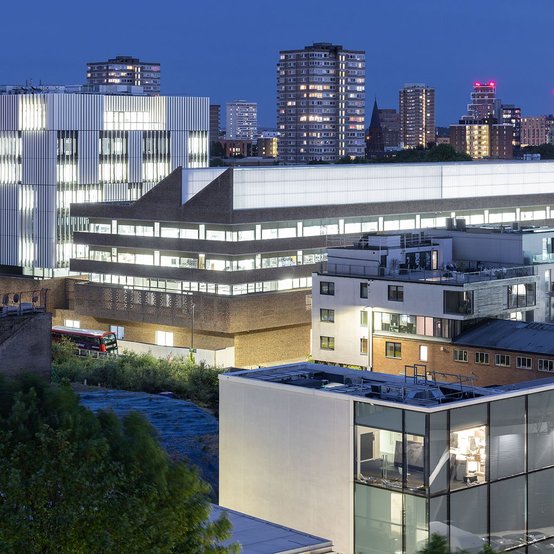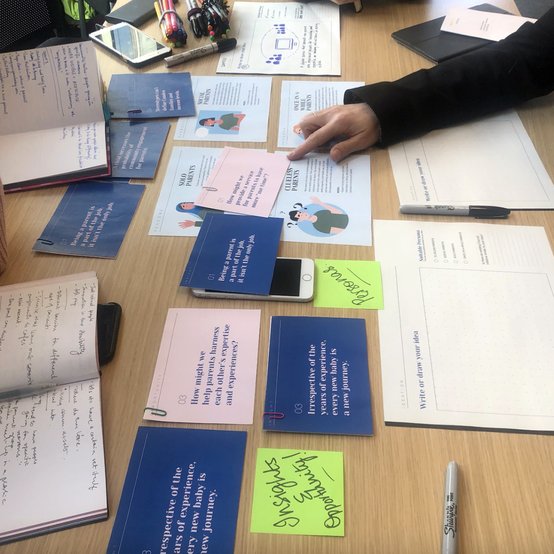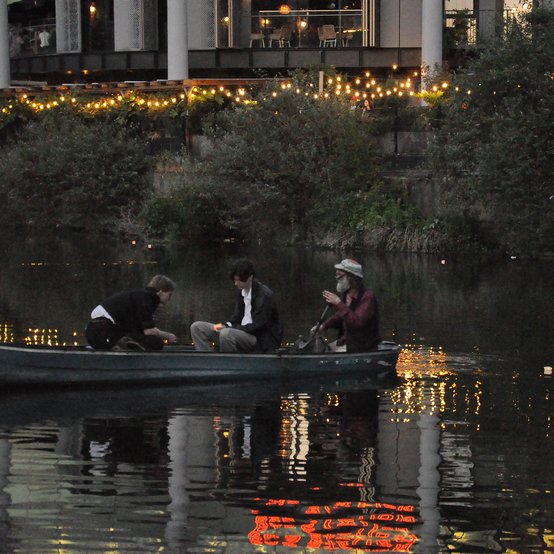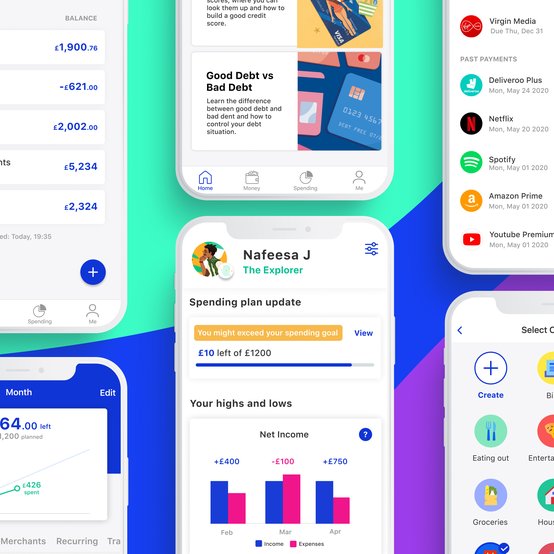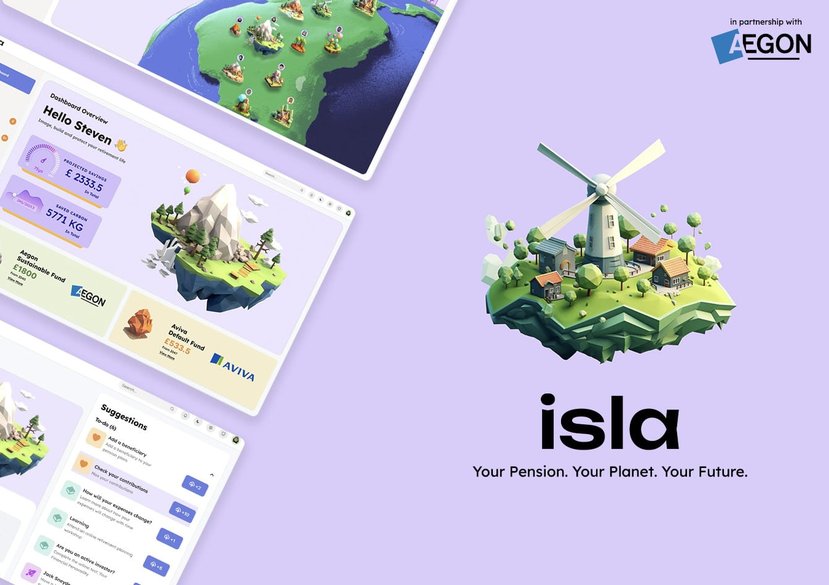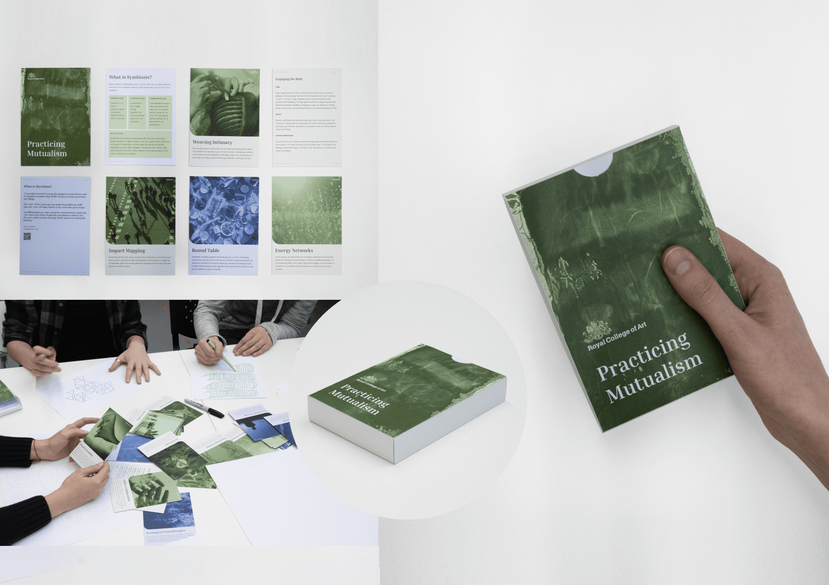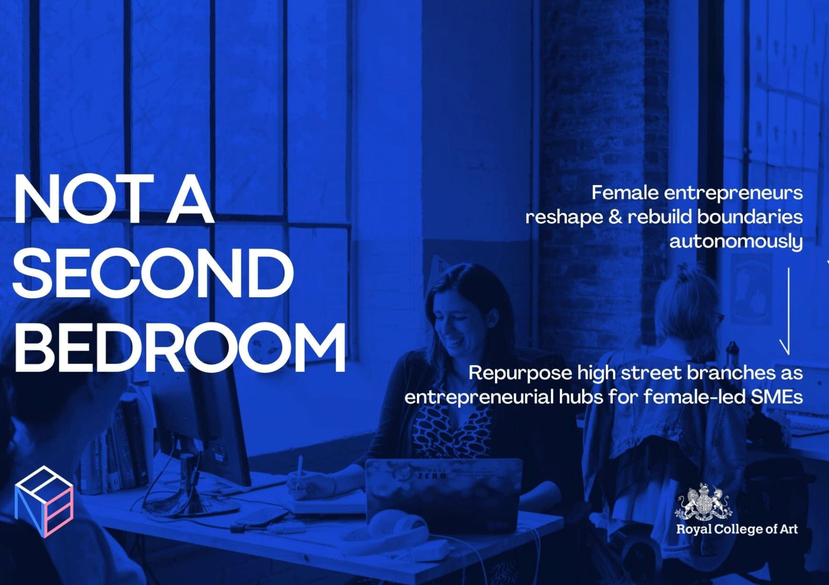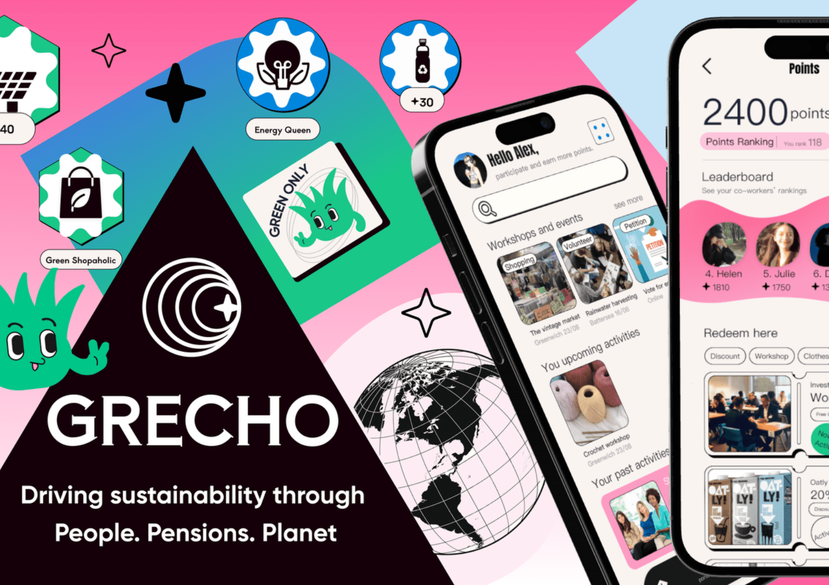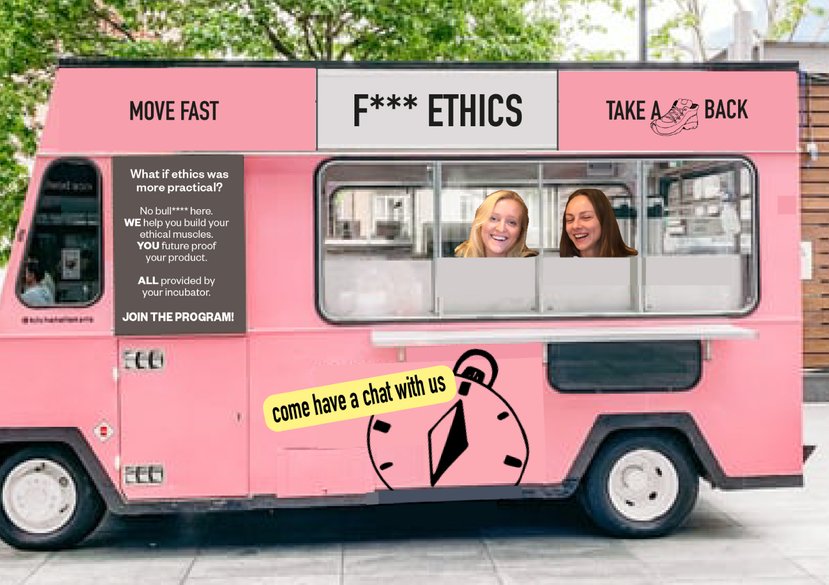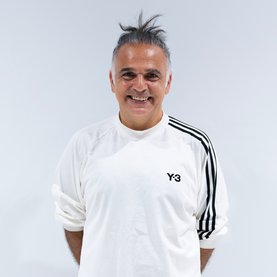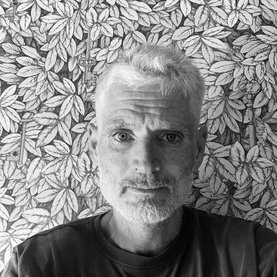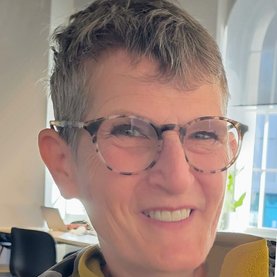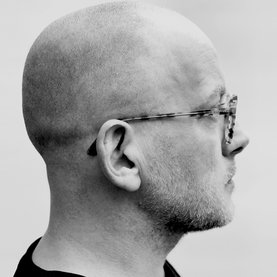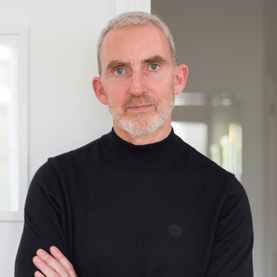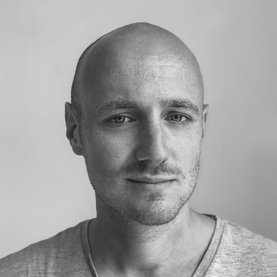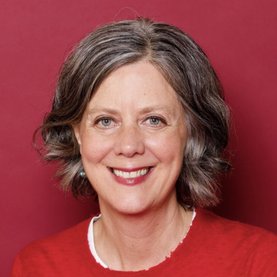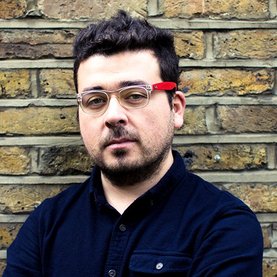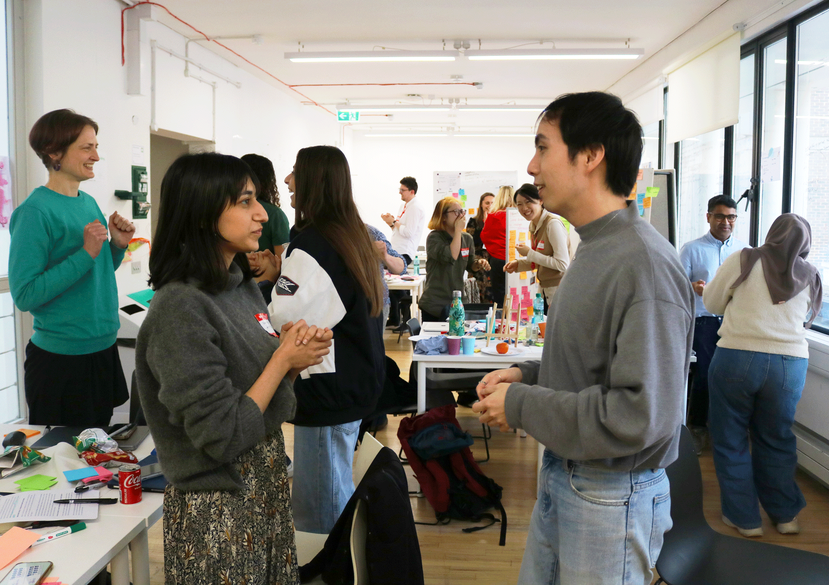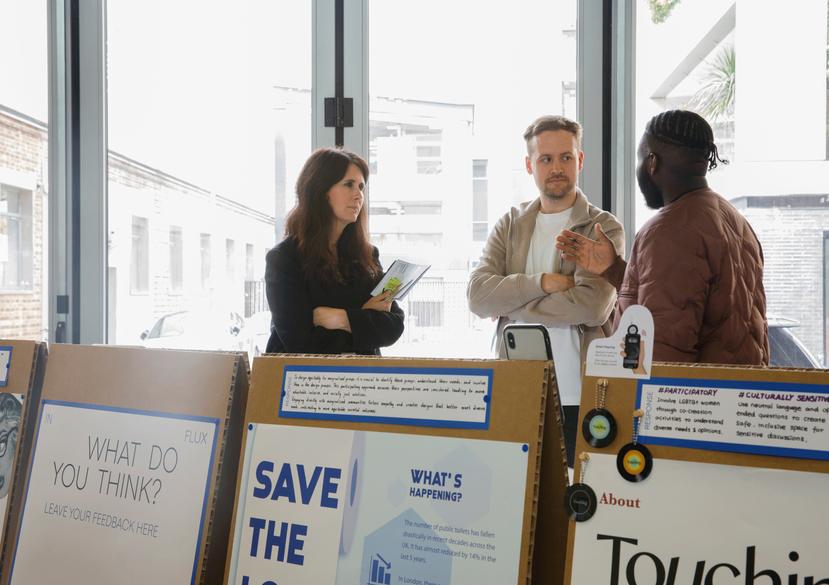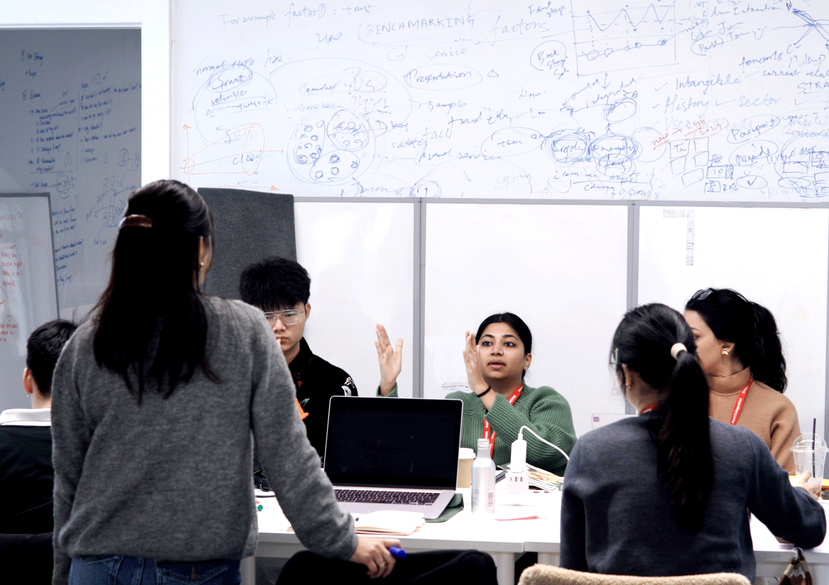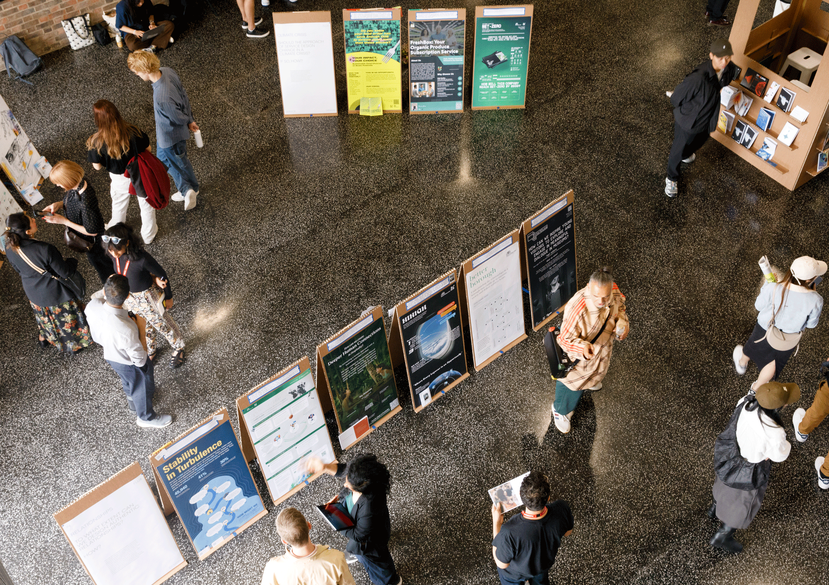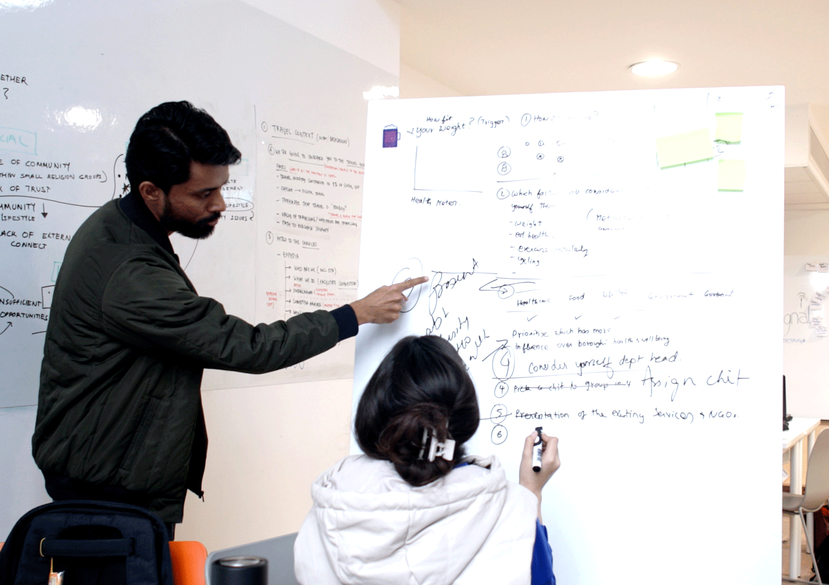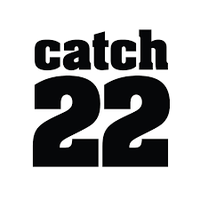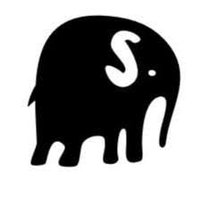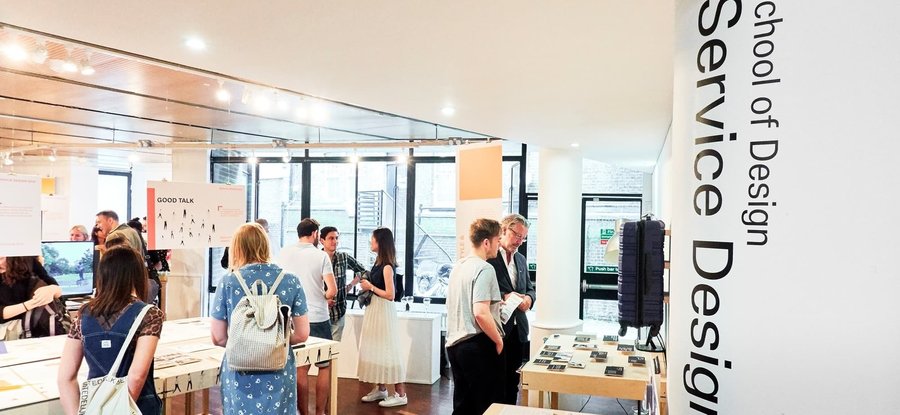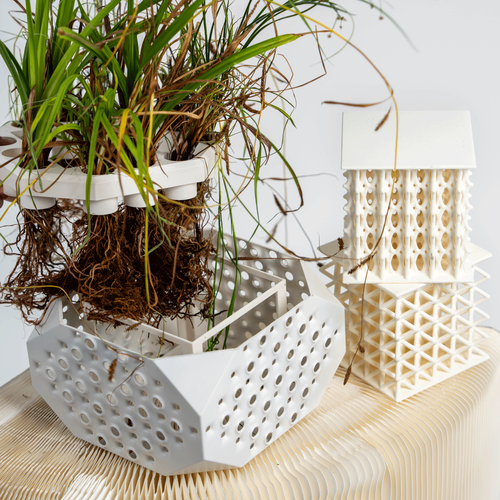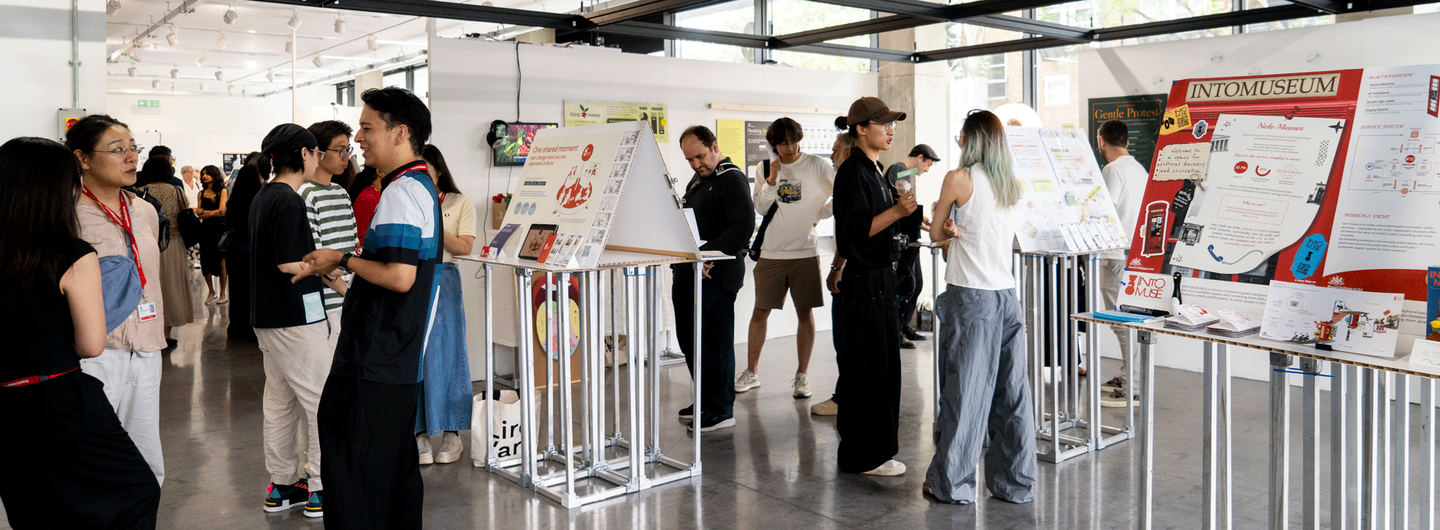
Overview
A pioneering approach to service design
Key details
- 180 credits
- 1 year / 45 week programme
- Full-time study
School or Centre
Current location
- Battersea
Next open event
- 17 Mar 2026
- Visit Open Day
Next application deadline
- 19 Jan 2026
Career opportunities
- Graduates from the RCA’s Service Design MA programme have gone on to leading roles in diverse sectors such as financial services, design consultancies public sector organisations, cultural institutions and charities all based on their personal values and ambitions.
Addressing real-world challenges and creating opportunities.
- Learn from leading professionals with key insights at the forefront of service design research
- Thrive on our project-based learning and gain experience working in teams from different disciplines
- Benefit from input from commercial, public sector and social organisations
Service design is a powerful design practice for social and organisational change. Building on a foundation of theory, you’ll gain practical experience through live projects, design research, user testing and collaborative methods so you can make a sustainable difference.
RCA Service Design teaching will open your eyes to a new way of viewing the world. Examine existing practices, ask questions, consider ethics, and propose alternative design ideas that have impact. Your innovative thinking, problem-solving and questioning mindset will make you attractive to future employers.
A critical outlook
Joining our service design Master’s, you’ll be part of a rich community of individuals from different geographical and vocational backgrounds. This makes for interesting and engaging interactions and diverse perspectives and means you will graduate as part of a global alumni network of service design professionals.
Our programme has a strong track record in the field. It’s no surprise that many RCA MA Service Design graduates take up leadership roles in businesses, consultancies, charities, NGOs and government.
Explore further and apply now
Catch the replays from our latest online Open Day.
Watch portfolio advice from the programme team.
Applications are now open for September 2026 entry. Round 2 application deadline: 17 March 2026, 12 noon (UK time). Apply now.
Student and alumni stories
Gallery
Staff
Facilities
The School of Design is based across our Battersea and Kensington sites.
View all facilitiesStudents have access to the College’s workshops, with traditional facilities for woodworking, metalworking, plastics and resins, including bookable bench spaces. Computer-driven subtractive milling equipment is available, as well as additive rapid prototyping.
More details on what you'll study.
Find out what you'll cover in this programme.
What you'll cover
What will I learn?
The Service Design programme equips you with cutting-edge thinking and tools to provide human insight, engage with complex systems and create and prototype new futures to become an effective changemaker in the modern world.
The teaching and learning is mostly project-based in that students will develop their practice through working on projects in teams. This includes collaborations with commercial, public sector or social organisations who bring real issues and opportunities for future disruption or innovation.
Collaborating in teams, the students will move through the design process of deep research, issue reframing, creative concept generation, prototyping and user testing. In developing their practice, students are encouraged to take a critical and reflective view of Service Design to develop their confidence in contributing to the development of Service Design as a practice and subject.
How will I learn?
We aim to create a studio-based learning environment where you learn by doing projects in collaboration with your peers, addressing a range of real-world challenges, e.g. health inequality, the green transition, designing for cities, emerging technology and AI.
The project work is guided by regular sessions with tutors who work with you throughout each project. You will have the opportunity to describe relevant research, hypotheses and potential outcomes with tutors as your project develops.
The studio-based learning is complemented with a series of lectures and seminars, covering the theoretical principles, practical examples, and methods of service design.
Topics include the impact and future direction of service design, human and digital interactions, user research and the generation of insight, design ethics, total system design and approaches to prototyping and testing.
A public event is held towards the end of the Independent Research Project.
Programme structure
The programme is delivered across three terms and includes a combination of programme, School and College units.
The first two terms will take you from a foundation of the tools and methodologies through to advanced techniques and management skills which are applied through projects leading to the Independent Research Project in the third term.
Term 1
Service Design Foundation introduces the theories and concepts underpinning service and service design practice. You will deliver a small-scale and analytically focused project in a team setting.
In Service Design Practice, you will apply service design tools and methods to deliver a ‘live’ project in dialogue with industry partners, to address a selected challenge in an area, e.g. health, sustainability, business innovation or social inclusion.
Term 2
In Service Design in Context, you will develop a project proposal for the Independent Research Project, by examining the relationship between practice and context, and the impact of service design projects on economic, technological, social, cultural and environmental systems and how these contexts shape the implementation of service ideas.
You will participate in the Grand Challenge, School-wide unit. The aim of this unit is to connect and challenge all students in the School through the introduction of a ‘wicked’ design problem that requires a cross disciplinary approach to problem solving which may involve external international partners. This unit and lecture series has been hugely successful in connecting and disrupting disciplines, people, philosophies and approaches to design thinking whilst providing our student body with very unique networking opportunities.
Terms 1 & 2
Across Terms 1 and 2, you will participate in AcrossRCA.
Term 3
The Independent Research Project (IRP) is self-directed, with the aim to develop and establish yourself as a professional service designer in your chosen areas of expertise within the diverse spectrum of service design practice. You will develop strategic visions with practical deliverable design interventions to create new services and systems. This project will be the core of the public output of the programme and contribute powerfully to public discourse on the value and suitability of the services and interactions we experience.
This MA is delivered over 45 weeks.
AcrossRCA
AcrossRCA is a compulsory 30-credit unit which is delivered as part of all MA programmes.
Situated at the core of your RCA experience, this ambitious interdisciplinary College-wide unit supports you in responding to the challenges of complex, uncertain and changing physical and digital worlds. Developed in response to student feedback, AcrossRCA creates an exciting opportunity for you to collaborate meaningfully across programmes.
Challenging you to use your imagination and intellect to respond to urgent contemporary themes, this ambitious unit will provide you with the opportunity to:
- make connections across disciplines
- think critically about your creative practice
- develop creative networks within and beyond the College
- generate innovative responses to complex problems
- reflect on how to propose ideas for positive change in local and/or global contexts
AcrossRCA launches with a series of presentations and panel discussions from acclaimed speakers who will introduce the themes and act as inspirational starting points for your collaborative team response.
Delivered online and in-person across two terms, the unit has been designed to complement your disciplinary studies and to provide you with a platform to thrive beyond graduation.
Each year, students work on project briefs from a range of organisations.
Requirements
What you need to know before you apply
We invite candidates from around the world who have a passion for design as a transformational tool and wish to take that to a Masters level. Our selection process looks for a desire to take on challenging issues, to be curious in uncovering reality and bring creativity to finding and delivering new solutions.
The Service Design MA programme takes students with and without a design background who show the right qualities and the intellectual ability and desire for creative innovation as demonstrated through your portfolio. You should have a BA, BSc or similar or minimum of five years professional experience
Students may come from product, communication, digital and user experience design who wish to expand to their capabilities, be recent high performing graduates from other design disciplines as well as from computing and other technical disciplines, be budding entrepreneurs interested in launching new service-led business ventures and mid and senior professionals from industry and the public sector, with evidence of their creative talents as demonstrated by leadership of innovative projects.
What's needed from you
Portfolio requirements
We are looking for portfolios that show clear evidence of:
- Project topics that are challenging and aim to transform.
- Evidence of insight from user research, a sense of curiosity and willingness to uncover new insights.
- Empathy and understanding of people.
- Creative ideas that go beyond the expected and are built on user insight.
- The ability to craft new solutions that are desirable and impactful.
- An understanding of implementation and how concepts can be delivered in a sustainable and viable way.
- Examples that show your ability to shape and form services and experiences from a variety of physical, system or technological touch points to be beautiful and desirable to the user.
Personal statement
Please provide a 300-word written personal statement that addresses the following points:
- Introduce yourself, your interests and your motivations for applying to the Royal College of Art, and to this programme in particular.
- Briefly summarise any educational background and professional experience to date that will support your application.
- Tell us what you want to do in the future.
Video requirements
We ask that you upload a two-minute video recorded on your phone or laptop, speaking to us directly. High production qualities are not needed. We will review the work in your portfolio, so keep your video simple.
In your video, please explain your motivation to be a service designer and provide an example of your favourite service experience. Please then describe an aspect of Service Design you are most passionate about. Finally, briefly describe your favourite project in your portfolio and describe why you chose it.
This will be a chance to showcase your understanding of Service Design, your passion to study at a Master’s level and your ability to communicate the value and impact of your work.
English-language requirements
If you are not a national of a majority English-speaking country you will need the equivalent of an IELTS Academic or UKVI score of 6.5 overall (with a minimum of 5.5 in every component). Students achieving a grade of at least 6.0, with a grade of 5.5 in the Test of Written English, may be eligible to take the College’s English for Academic Purposes course to enable them to reach the required standard.
You are exempt from this requirement if you have received a 2.1 degree or above from a university in a majority English-speaking nation within the last five years.
If you need a Student Visa to study at the RCA, you will also need to meet the Home Office’s minimum requirements for entry clearance.
Fees & funding
For this programme
Fees for new students
Fees for September 2026 entry on this programme are outlined below. From 2021 onward, EU students are classified as Overseas for tuition fee purposes.
Home
Overseas and EU
Deposit
New entrants to the College will be required to pay a non-refundable deposit in order to secure their place. This will be offset against the tuition fees. Deposits for 2026 entry will be confirmed in September 2025; 2025 deposit rates below for reference.
Home
Overseas and EU
Progression discount
For alumni who have completed an RCA Graduate Diploma and progress onto an RCA MA programme, a progression discount of £1,000 is available. For alumni progressing from an RCA Master's to another RCA Master's, a progression discount of £2,000 is available (£1,000 per year for part-time programmes).
* Total cost is based on the assumption that the programme is completed in the timeframe stated in the programme details. Additional study time may incur additional charges.
Scholarships
Scholarships
Each year, the RCA scholarship programme supports hundreds of students. The following scholarships are confirmed for this programme, with additional awards added throughout the year.
GREAT Scholarship
Eligible programmes: Interior Design MA, City Design MA, Environmental Architecture MA, Ceramics & Glass MA, Contemporary Art Practice MA, Curating Contemporary Art MA, V&A/RCA History of Design MA, Jewellery & Metal MA, Painting MA, Photography MA, Print MA, Sculpture MA, Writing MA, Animation MA, Digital Direction MA, Information Experience Design MA, Visual Communication MA, Design Products MA, Fashion MA, Intelligent Mobility MA, Service Design MA, Textiles MA, Creative Education MEd, Communication MFA, Master of Research RCA MRes, Design Futures MDes, Arts & Humanities MFA, Design Practice MArch
Other criteria: None
Eligible fee status: Overseas fee status
Value: £10,000 toward fees
House of Fraser Bursary
Eligible programmes: Architecture MA Architecture (ARB/RIBA Part 2), Interior Design MA, City Design MA, Environmental Architecture MA, Ceramics & Glass MA, Contemporary Art Practice MA, Curating Contemporary Art MA, V&A/RCA History of Design MA, Jewellery & Metal MA, Painting MA, Photography MA, Print MA, Sculpture MA, Writing MA, Animation MA, Digital Direction MA, Information Experience Design MA, Visual Communication MA, Design Products MA, Fashion MA, Innovation Design Engineering MA/MSc, Intelligent Mobility MA, Service Design MA, Textiles MA
Other criteria: None
Eligible fee status: Home fee status
Value: £10,000 toward fees
RCA President & Vice-Chancellor’s International
Eligible programmes: Architecture MA Architecture (ARB/RIBA Part 2), Interior Design MA, City Design MA, Environmental Architecture MA, Ceramics & Glass MA, Contemporary Art Practice MA, Curating Contemporary Art MA, V&A/RCA History of Design MA, Jewellery & Metal MA, Painting MA, Photography MA, Print MA, Sculpture MA, Writing MA, Animation MA, Digital Direction MA, Information Experience Design MA, Visual Communication MA, Design Products MA, Fashion MA, Innovation Design Engineering MA/MSc, Intelligent Mobility MA, Service Design MA, Textiles MA, Creative Education MEd, Communication MFA, Master of Research RCA MRes, Design Futures MDes, Arts & Humanities MFA, Design Practice MArch
Other criteria: Applicants from Australia, Brazil, Canada, Chile, Colombia, Denmark, Egypt, France, Germany, Greece, Hong Kong, India, Indonesia, Israel, Italy, Japan, Malaysia, Mexico, Netherlands, Nigeria, Pakistan, Palestine, Poland, Portugal, Saudi Arabia, Singapore, South Korea, Spain, Switzerland, Taiwan, Thailand, Turkey, UAE, USA
Eligible fee status: Overseas fee status
Value: £9,000 toward fees
RCA President & Vice-Chancellor’s UK Scholarship
Eligible programmes: Architecture MA Architecture (ARB/RIBA Part 2), Interior Design MA, City Design MA, Environmental Architecture MA, Ceramics & Glass MA, Contemporary Art Practice MA, Curating Contemporary Art MA, V&A/RCA History of Design MA, Jewellery & Metal MA, Painting MA, Photography MA, Print MA, Sculpture MA, Writing MA, Animation MA, Digital Direction MA, Information Experience Design MA, Visual Communication MA, Design Products MA, Fashion MA, Innovation Design Engineering MA/MSc, Intelligent Mobility MA, Service Design MA, Textiles MA, Creative Education MEd, Communication MFA, Master of Research RCA MRes, Design Futures MDes, Arts & Humanities MFA, Design Practice MArch
Other criteria: None
Eligible fee status: Home fee status
Value: £5,000 toward fees
The RCA Sanctuary Scholarship
Eligible programmes: Interior Design MA, City Design MA, Environmental Architecture MA, Ceramics & Glass MA, Contemporary Art Practice MA, Curating Contemporary Art MA, V&A/RCA History of Design MA, Jewellery & Metal MA, Painting MA, Photography MA, Print MA, Sculpture MA, Writing MA, Animation MA, Digital Direction MA, Information Experience Design MA, Visual Communication MA, Design Products MA, Fashion MA, Intelligent Mobility MA, Service Design MA, Textiles MA, Creative Education MEd, Communication MFA, Master of Research RCA MRes, Design Futures MDes, Arts & Humanities MFA, Design Practice MArch
Other criteria: None
Eligible fee status: Home or overseas status
Value: Full fees & support package up to the value of £20,000 pa (depending on the awardee’s circumstances)
The Sir Frank Bowling Scholarship
Eligible programmes: Architecture MA Architecture (ARB/RIBA Part 2), Interior Design MA, City Design MA, Environmental Architecture MA, Ceramics & Glass MA, Contemporary Art Practice MA, Curating Contemporary Art MA, V&A/RCA History of Design MA, Jewellery & Metal MA, Painting MA, Photography MA, Print MA, Sculpture MA, Writing MA, Animation MA, Digital Direction MA, Information Experience Design MA, Visual Communication MA, Design Products MA, Fashion MA, Innovation Design Engineering MA/MSc, Intelligent Mobility MA, Service Design MA, Textiles MA, Creative Education MEd, Communication MFA, Master of Research RCA MRes, Design Futures MDes, Arts & Humanities MFA, Design Practice MArch
Other criteria: None
Eligible fee status: Home fee status
Value: Full fees and maintenance
Even if you do not currently see a scholarship for which you meet the eligibility criteria, we encourage you to apply to be considered for financial support.
Unless otherwise stated, you must apply in either round 1 or 2, and have received an offer of study on an RCA programme to be invited to make a scholarship application. Therefore, we strongly recommend you apply for your programme as early as possible but no later than the round 2 deadline.
More information
Additional fees
In addition to your programme fees, please be aware that you may incur other additional costs associated with your study during your time at RCA. Additional costs can include purchases and services (without limitation): costs related to the purchase of books, paints, textiles, wood, metal, plastics and/or other materials in connection with your programme, services related to the use of printing and photocopying, lasercutting, 3D printing and CNC. Costs related to attending compulsory field trips, joining student and sport societies, and your Convocation (graduation) ceremony.
If you wish to find out more about what type of additional costs you may incur while studying on your programme, please contact the Head of your Programme to discuss or ask at an online or in person Open Day.
We provide the RCASHOP online, and at our Kensington and Battersea Campuses – this is open to students and staff of the Royal College of Art only to provide paid for materials to support your studies.
We also provide support to our students who require financial assistance whilst studying, including a dedicated Materials Fund.
External funding
There are many funding sources, with some students securing scholarships and others saving money from working. It is impossible to list all the potential funding sources; however, the following information could be useful.
Payments
Tuition fees are due on the first day of the academic year and students are sent an invoice prior to beginning their studies. Payments can be made in advance, on registration or in two instalments.
Experience
The social media content shown here reflects past and current student activity and is provided for illustrative purposes only. Experiences on the programme may vary and are subject to change for future students.
Start your application
Change your life and be here in 2026. Applications now open.
The Royal College of Art welcomes applicants from all over the world.
Before you begin
Make sure you've read and understood the application process and deadlines.
Application key datesCheck you the programme-specific entrance and portfolio requirements on the programme page.
Consider attending an Open Event, either online or in person, or watch recordings of previous events.
See upcoming events and recordingsPlease note, all applications must be submitted by 12 noon on the given deadline.
Ask a question
Get in touch if you’d like to find out more or have any questions.

